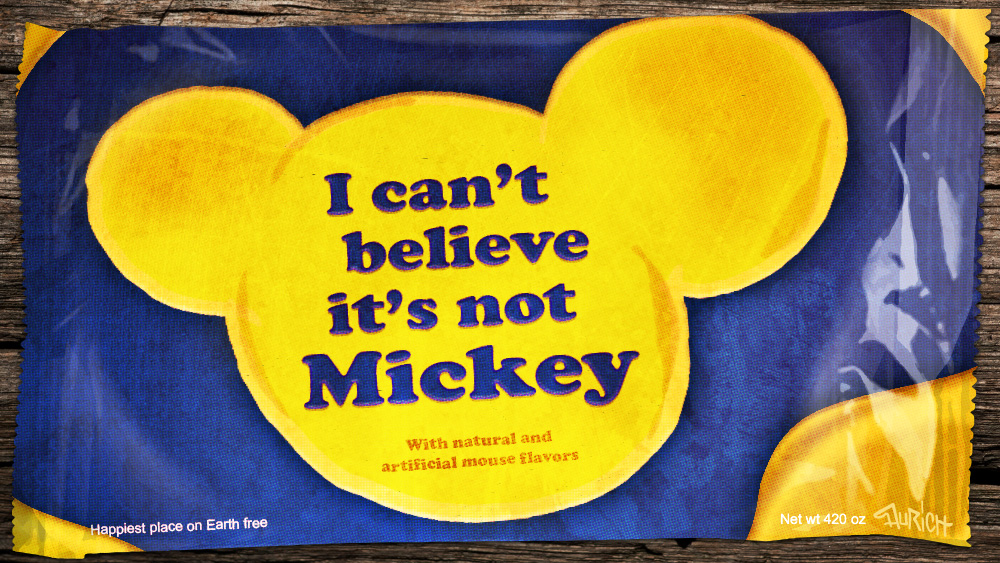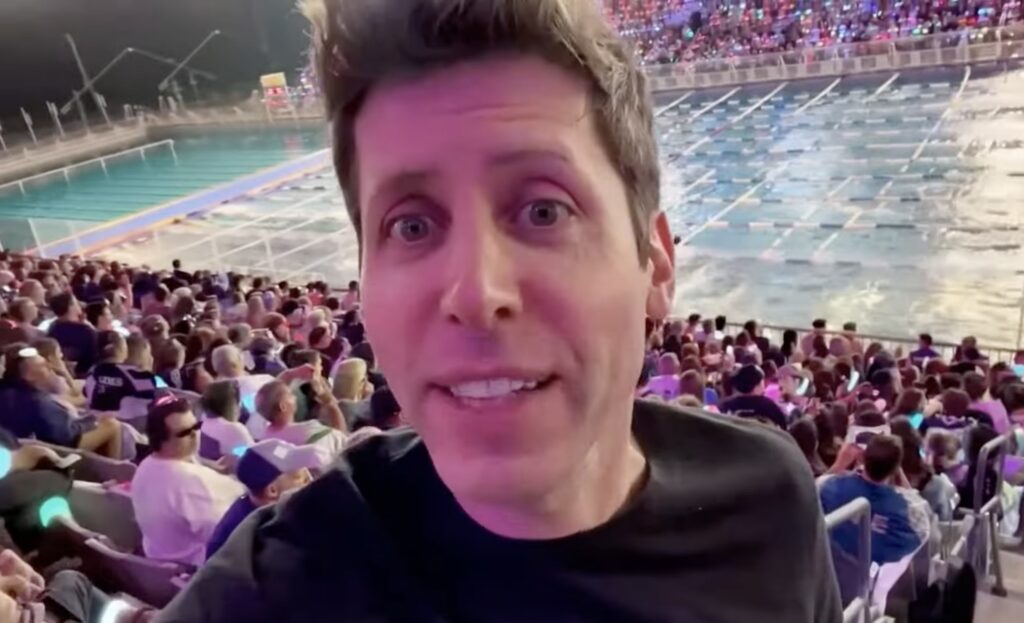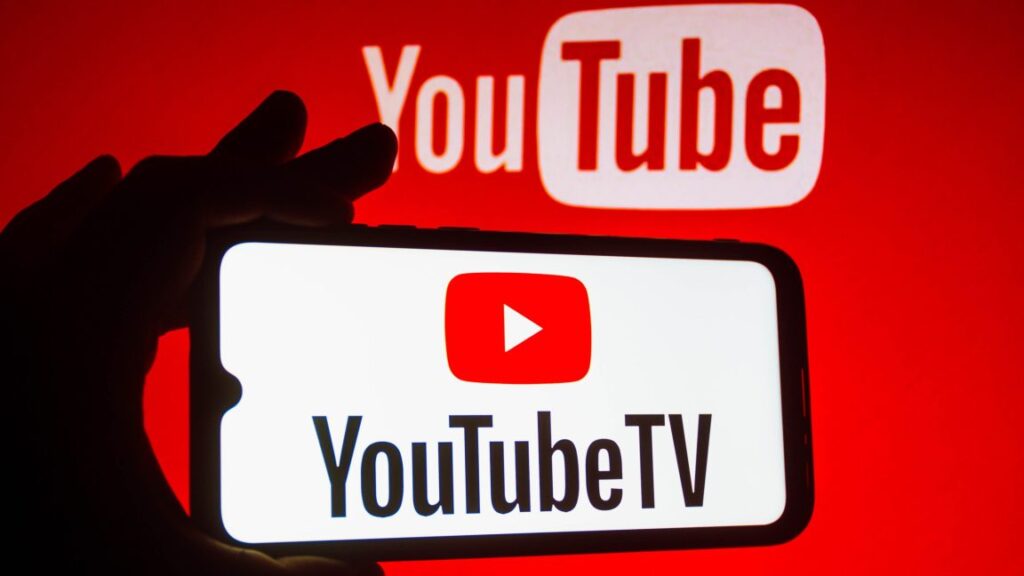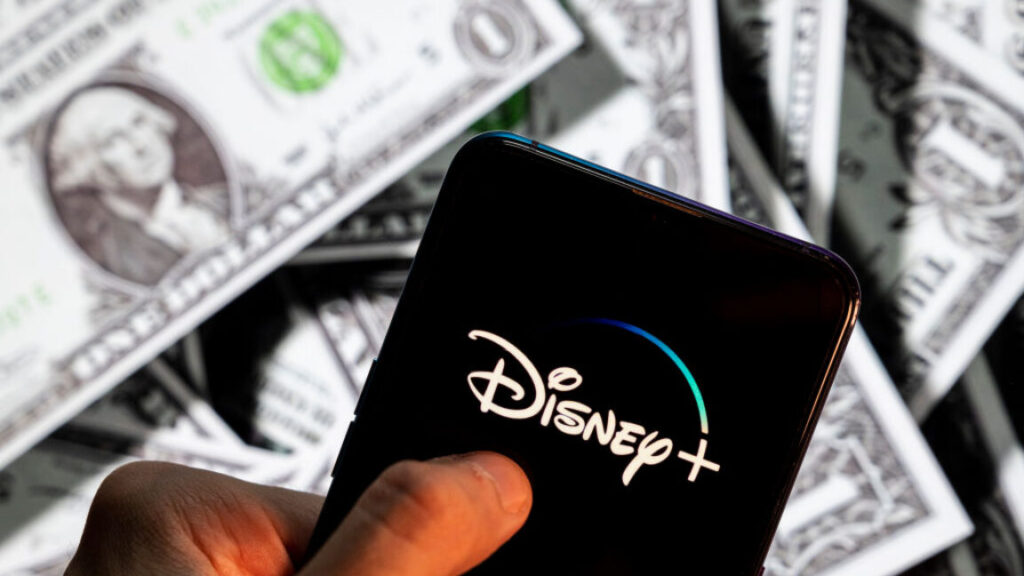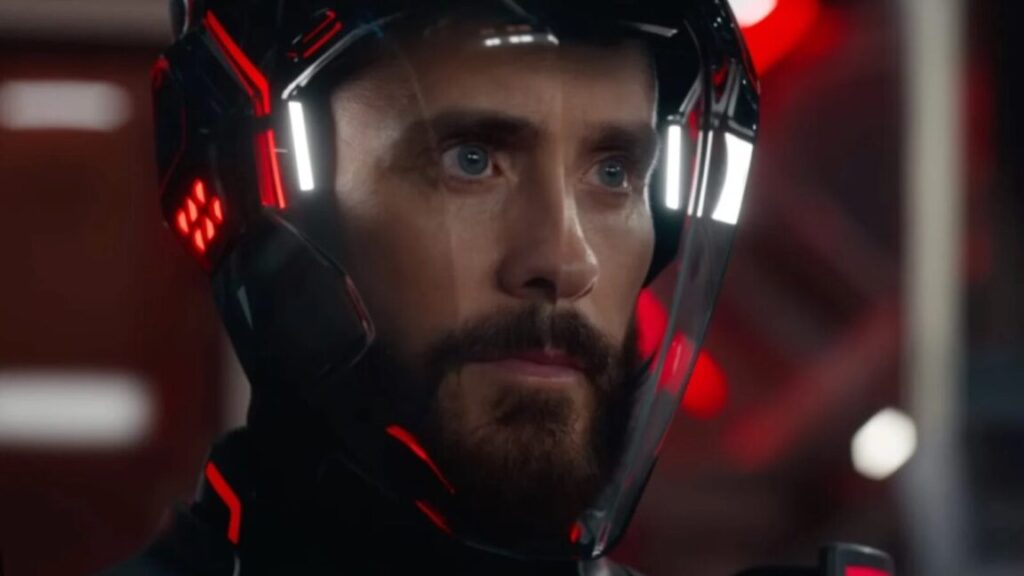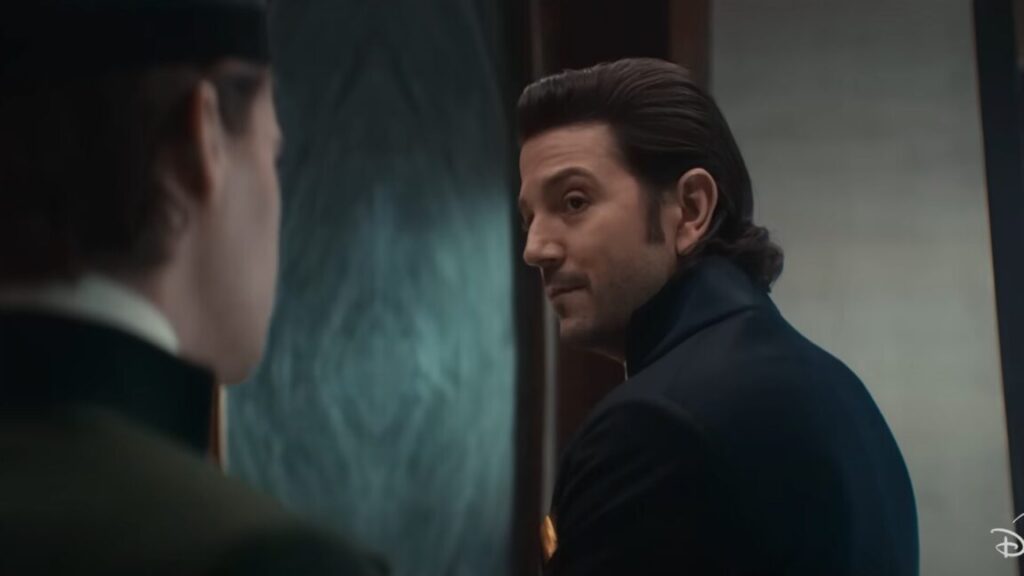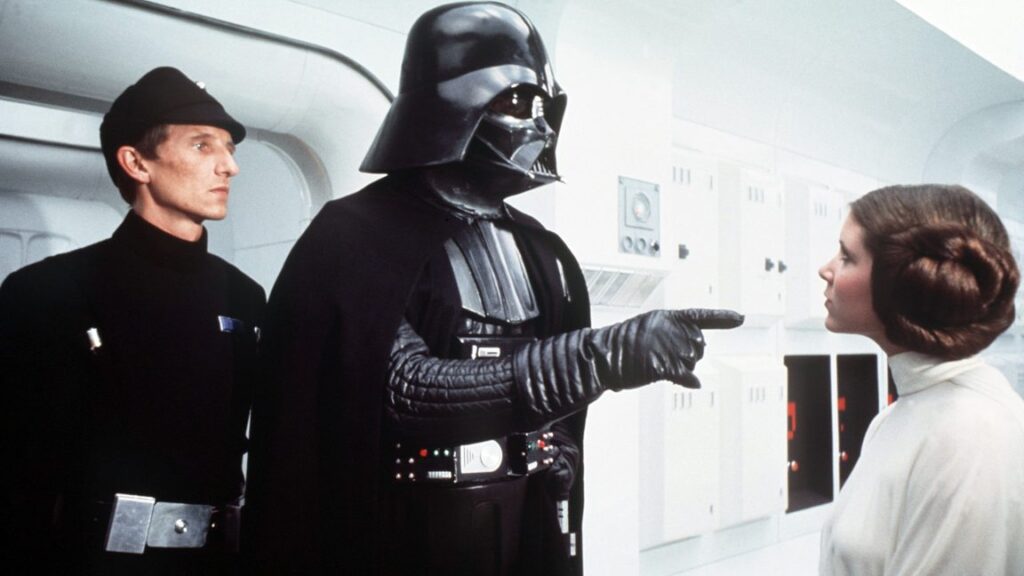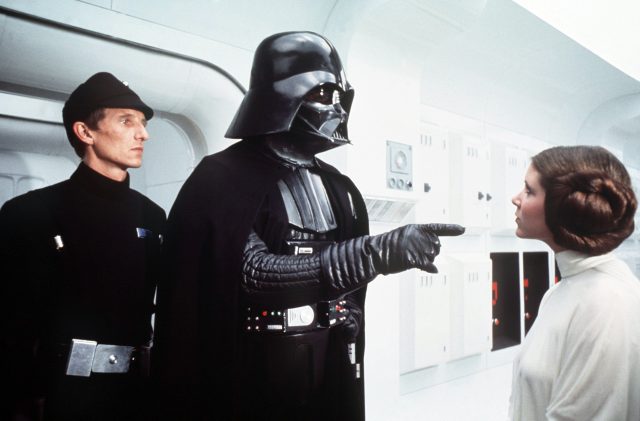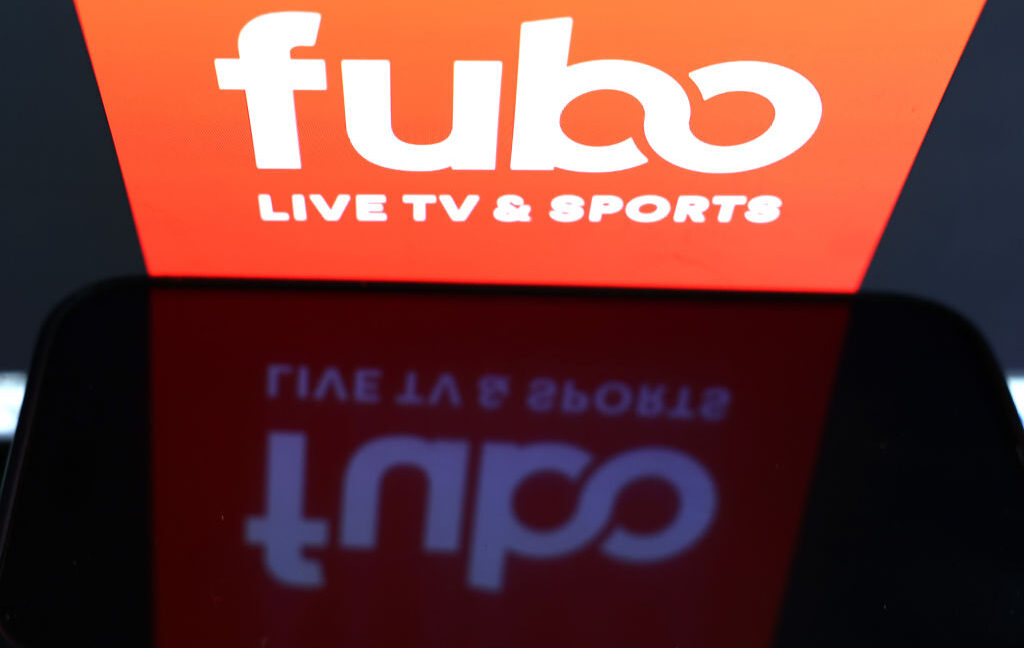Disney says Google AI infringes copyright “on a massive scale”
While Disney wants its characters out of Google AI generally, the letter specifically cited the AI tools in YouTube. Google has started adding its Veo AI video model to YouTube, allowing creators to more easily create and publish videos. That seems to be a greater concern for Disney than image models like Nano Banana.
Google has said little about Disney’s warning—a warning Google must have known was coming. A Google spokesperson has issued the following brief statement on the mater.
“We have a longstanding and mutually beneficial relationship with Disney, and will continue to engage with them,” Google says. “More generally, we use public data from the open web to build our AI and have built additional innovative copyright controls like Google-extended and Content ID for YouTube, which give sites and copyright holders control over their content.”
Perhaps this is previewing Google’s argument in a theoretical lawsuit. That copyrighted Disney content was all over the open internet, so is it really Google’s fault it ended up baked into the AI?
Content silos for AI
The generative AI boom has treated copyright as a mere suggestion as companies race to gobble up training data and remix it as “new” content. A cavalcade of companies, including The New York Times and Getty Images, have sued over how their material has been used and replicated by AI. Disney itself threatened a lawsuit against Character.AI earlier this year, leading to the removal of Disney content from the service.
Google isn’t Character.AI, though. It’s probably no coincidence that Disney is challenging Google at the same time it is entering into a content deal with OpenAI. Disney has invested $1 billion in the AI firm and agreed to a three-year licensing deal that officially brings Disney characters to OpenAI’s Sora video app. The specifics of that arrangement are still subject to negotiations.
Disney says Google AI infringes copyright “on a massive scale” Read More »
